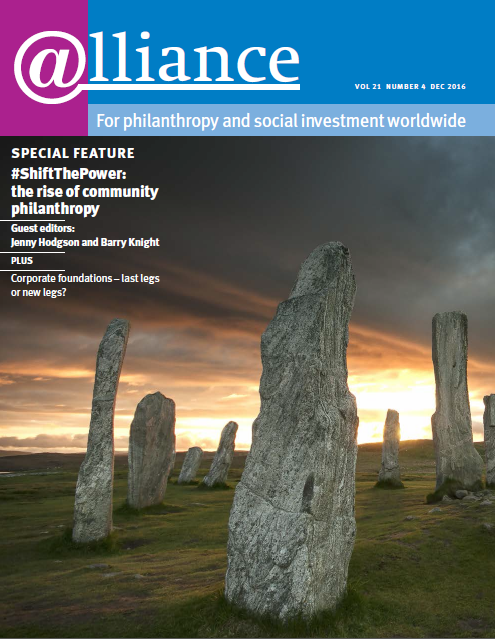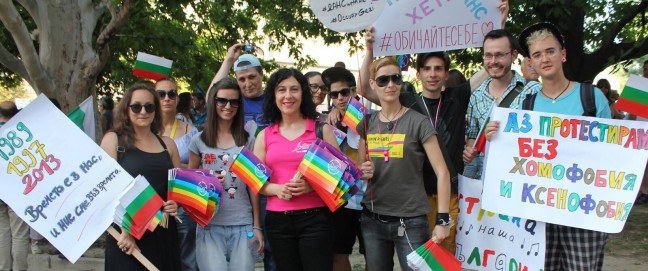If you want community philanthropy to work, you have to start with trust. Yet many of the elements in funders’ relationship with grantees – evaluations and reporting requirements – are based on scepticism. They have become deep expressions of doubt and mistrust. Granted, it’s not easy to create trust. The history of global development is littered with failure and misunderstanding, and we are all carrying assumptions from our past, even if we’re not aware of it. So how can we build trust? Here are steps to help you as you embark on supporting community philanthropy.
You may have good intentions and be ‘doing everything right’ in your estimation of your partnership. You share all information about your application and reporting requirements. You respond promptly to enquiries. You go on site visits. You’ve developed a good rapport. It doesn’t mean trust exists.
For decades, international assistance has ignored, subsumed, or done harm to already existing mechanisms for mutual accountability at the community level. The result has too often been that money came and went, disappointing both grantmakers and everyday citizens. As I advise programme staff before they visit communities, ‘you don’t just represent our foundation, you represent 50-plus years of failed development projects.’
Accept that you, too, must be trusted
Ask yourself what makes you worthy of trust? Your money? Surely it’s not that late tranche of funding, or that ignorantly offensive (even if inadvertent) comment you made at the last meeting? Those engaged in community philanthropy must be consciously building grantees’ trust in them – constantly and consistently.
Community philanthropy is a powerful expression of accompanying people who are finding solutions to their own problems, and backing those ground-up solutions with capital.
Learn about colonial history and the legacy of white supremacy
What will it take to dismantle the structures that perpetuate inequality and bigotry? How are you confronting the racism that prevents philanthropy’s shift in power? Asking challenging questions of ourselves is only a start. The denial of dignity to people in our history, in our sector today, and in our interpersonal behaviour, conditioned by years of assumption and false perceptions, is insidious. Sure, I’m uncomfortable talking about this, but unless we open up the conversation on racism, sexism and privilege in our sector, we will continue to perpetuate the same, tired system.
Building trust can start with acknowledging that there is a lot of work to do.
Focus on feedback
You need to get good at giving feedback, but also at receiving it. People will disappoint you from time to time. You will also let people down. And both parties need to know about it and learn from it.
Building functional and practical feedback mechanisms – that is, closing the loop between funders and funded and creating the institutional incentives to ensure feedback continues – must be a priority of those that care about community philanthropy. Relationships within international philanthropy are no different from our personal relationships: we have to re-commit every day to making them work.
What will it take to dismantle the structures that perpetuate inequality and bigotry?
Give it time
Most funders give money in one- to three-year project cycles. At IDEX, we invest in our grassroots partners for as long as it takes, because social transformation takes time.
When initiatives to make others’ lives better spring from communities and are built on existing relationships, people have a very different stake in, and long-term commitment to, the success of their efforts. Funders must have this long-term commitment, too.
Community philanthropy is a powerful expression of accompanying people who are finding solutions to their own problems, and backing those ground-up solutions with capital. At IDEX we have found that trust is a prerequisite and a result of such an approach.
Although the ability to build trust with people may be considered a ‘soft skill’, it’s probably the most challenging and most important skill for philanthropists to develop. Our respect, positivity and ongoing encouragement is the basis of authentic and productive relationships in community philanthropy – and that ultimately results in a more just and sustainable world for us all.
Jennifer Lentfer is creator of how-matters.org and director of communications at IDEX. Email jennifer@idex.org







Comments (0)